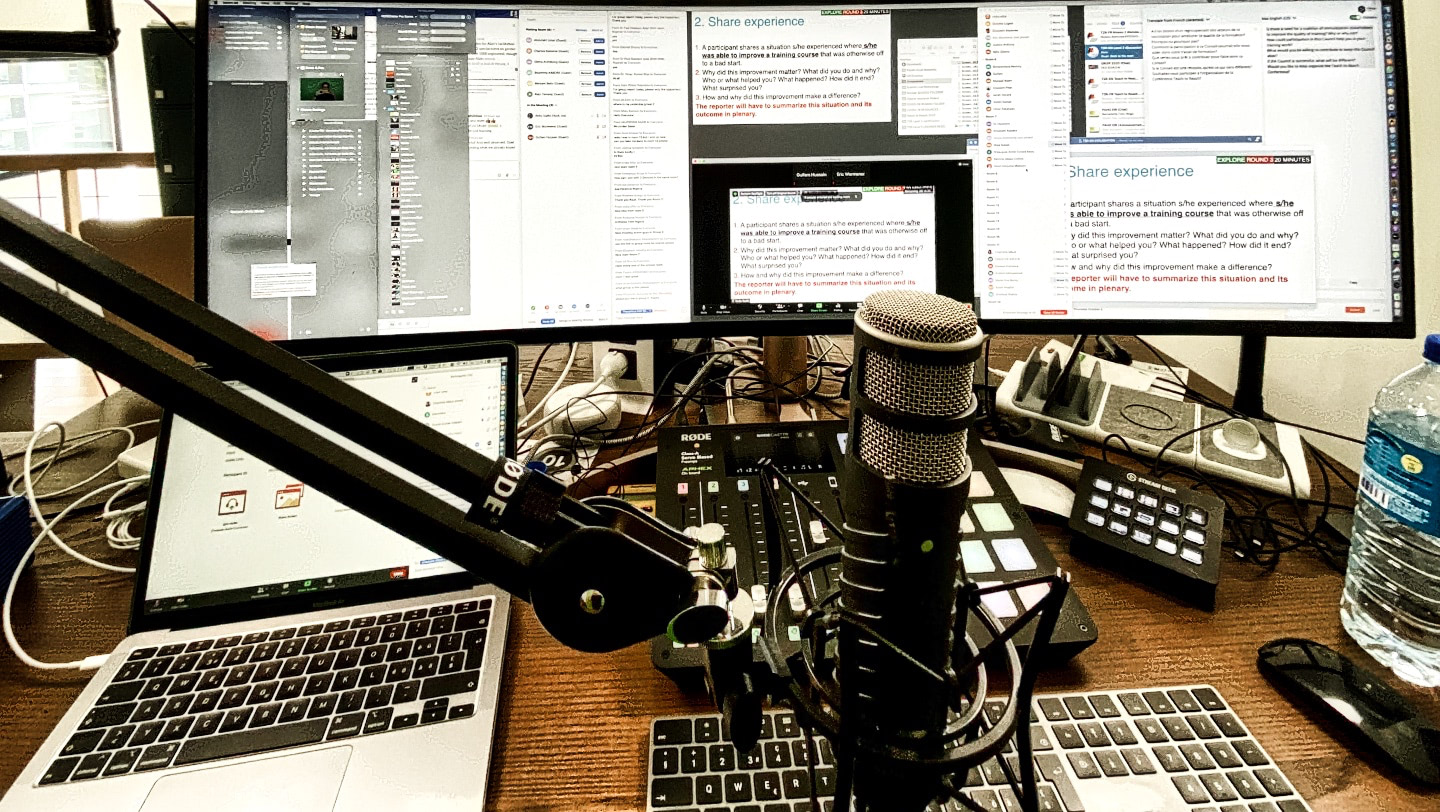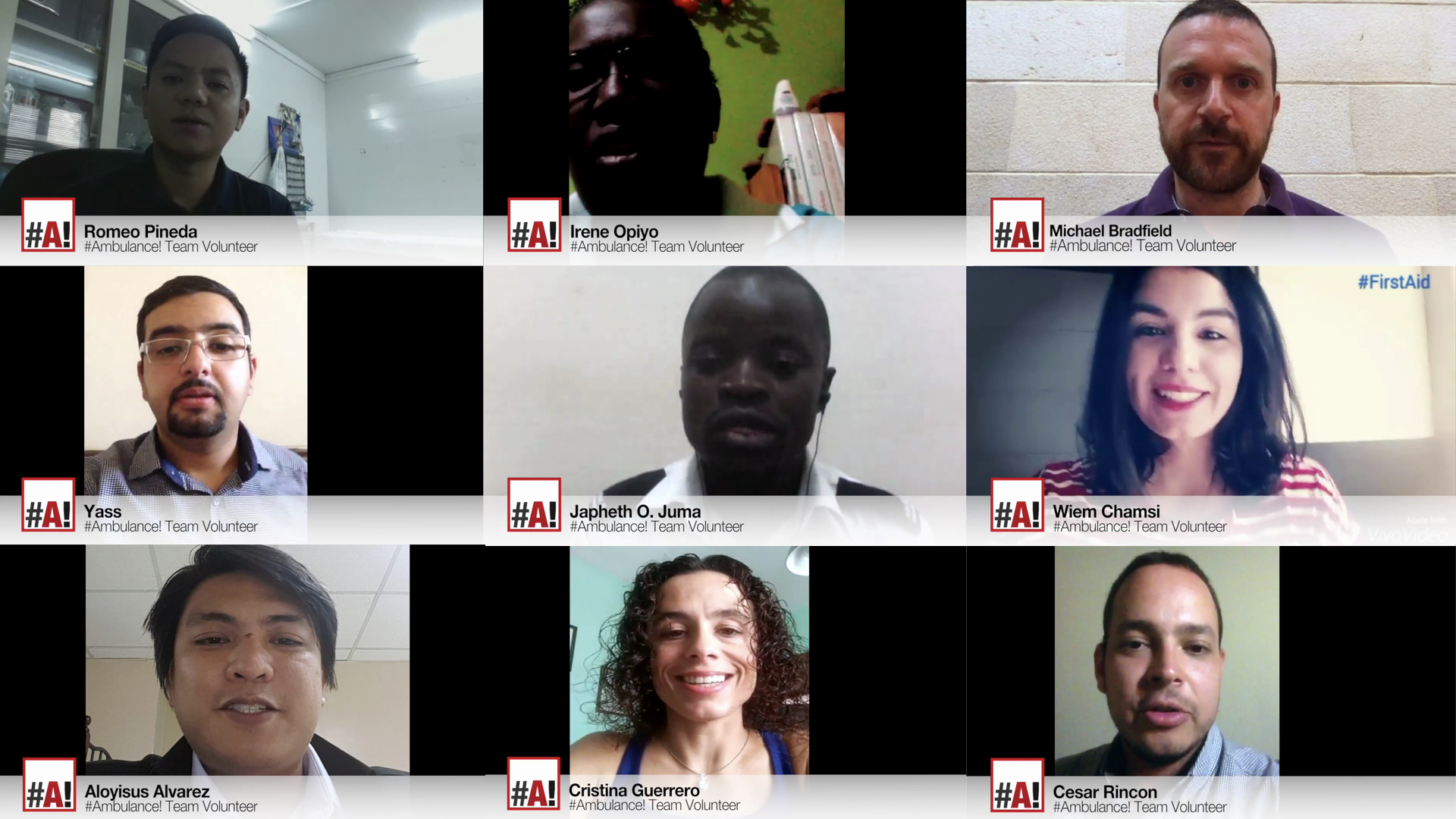
The ability to analyze and respond to learner behavior as it happens is crucial for educators. In complex learning that takes place in digital spaces, task separation between the design of instruction and its delivery does not make sense.

The ability to analyze and respond to learner behavior as it happens is crucial for educators. In complex learning that takes place in digital spaces, task separation between the design of instruction and its delivery does not make sense.

Rubrics are well-established, evidence-based tools in education, but largely unknown in global health. At the Geneva Learning Foundation (TGLF), the rubric is a key tool that we use – as part of a comprehensive package of interventions – to transform high-cost, low-volume training dependent on the limited availability of global experts into scalable peer learning to improve access, quality, and outcomes.

We achieve operational excellence to provide a high-quality, personalized and transformative learning experience for each learner – no matter how many are in the cohort.

It is very hard to convey to learners and newcomers to digital learning alike that asynchronous modes of learning are proven to be far more effective. There is an immediacy to a sage-on-the-stage lecture – whether it is plodding or enthralling – or to being connected simultaneously with others to do group work. Asynchronous goes against the way our brains work, driven by prompts, events, and immediacy.

This presentation was prepared for the second global meeting of the Health Care in Danger (HCiD) project in Geneva, Switzerland (17–18 May 2017). In October 2016, over 700 pre-hospital emergency workers from 70 countries signed up for the #Ambulance!

What happens when a fledgling, start-up foundation convenes learning leaders from all over the world to explore digital learning? Over 800 participants from 103 countries have joined the Geneva Learning Foundation’s #DigitalScholar course developed in conjunction with the University of Illinois College of Education and Learning Strategies International. The course officially launches on Monday.

It is with some trepidation that I announce the Geneva Learning Foundation’s first open access digital course in partnership with the University of Illinois College of Education and Learning Strategies International.

This is my presentation at the First International Forum on Humanitarian Online Training (IFHOLT) organized by the University of Geneva on 12 June 2015. I describe some early findings from research and practice that aim to go beyond “click-through” e-learning that stops at knowledge transmission.

Experience is the best teacher, we say.

In the design of a learning system for humanitarians, the following questions should be given careful consideration: Does each component of the system foster cross-cutting analysis and critical thinking competencies that are key to humanitarian leadership? Is the curriculum standardized across all components, with shared learning objectives and a common competency framework?